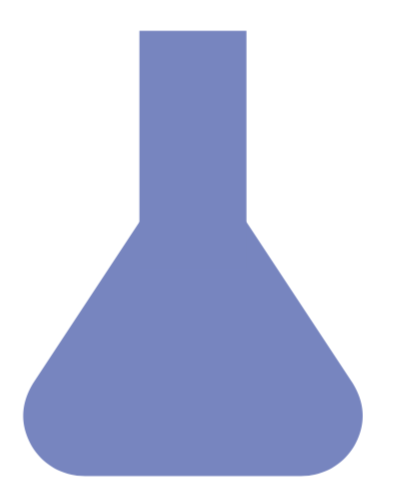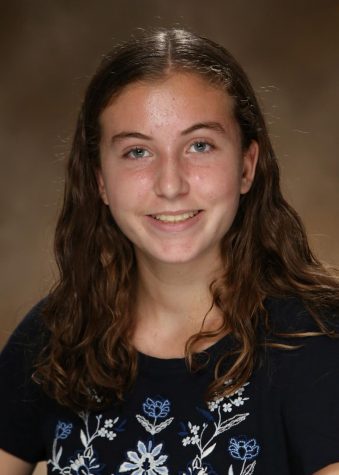Doubling down on science

After taking biology her freshman year, sophomore Jane Trainor realized that she loved studying science and wanted to spend her elective slots learning a subject that interests her. When it came down to the time to select courses for sophomore year, Trainor decided to double in science, and Genetics and Biotechnology I became the clear choice for her science elective slot.
Starting sophomore year, students have the opportunity to double in science, meaning that they take Chemistry and a second science in their elective slot. The options for science classes depends on their grade and math level. In order to take Physics I advanced sophomore year, students must be in the highest math level, while there is no math requirement for genetics.
Trainor fulfills the advanced math requirement that would allow her to take Physics I, since she is also taking pre-calculus; yet, Trainor decided to take genetics because that was a class she was truly passionate about.
CESJDS decided to implement the opportunity for students to double in science in response to students leaving the school to attend science magnet schools.
Science Department Chair and teacher Kimberly Agzigian thinks that students double in science based on their educational and career goals. If students are interested in going into STEM fields, doubling in science can allow them to stand out on their resumes and get internships.
“It’s for people who are passionate about science, who want to major in science and have a career in science, people who just love studying and learning science,” Agzigian said.
Dean of Students Roslyn Landy believes that students double in science because they are passionate about the subject but the workload is at times too much, especially if students are filling all nine slots with academic classes.
“I am afraid that some students take it because they think it will be impressive on their transcript and look good for college,” Landy said.
According to Director of College Counseling Sue Rexford, when colleges look at students’ transcripts, they look at the rigor of curriculum and want to see that students are challenging themselves and getting good grades in those classes.
Rexford recognizes that some students double in science because they think it will look good on their resumes. She believes there can be problems if students cannot maintain the increased workload.
“Some students will double up in something or more than one thing because they feel that it is the right thing for them to do,” Rexford said. “As a result, it can sometimes water down all of their academics because they don’t have enough time that they can budget it well enough so that they can do well in every subject.”
Trainor has been able to manage her work and find time to get her homework done.
“Doubling science is not that much of a burden on the workload,” Trainor said. “[In] Genetics typically, you get flashcards and current events, but [it’s] usually more in-class assessments, so that is really helpful.”
Along with offering students the chance to double in science, JDS has a similar system of doubling courses for both English and History.
“I think [doubling in English and History] is not as popular not because students like science more than they like the humanities, but that they think it will look better on their transcripts because STEM is very popular now,” Landy said. “We definitely have many students who are passionate about the humanities but they don’t tend to double [in] English or History frequently.”
Like Rexford and Landy, Agzigian notes the benefits of doubling in subjects because the purpose of electives is for students to choose what they are most interested in.
“I think that it is great that [JDS] offer[s] the opportunity for students to pursue their interests, regardless of whether it be science or the arts or language, [and] that we have those opportunities for our students to really go deep into what they love,” Agzigian said.
This story was featured in the Volume 36, Issue 4 edition of The Lion’s Tale, published on January 25, 2019.







